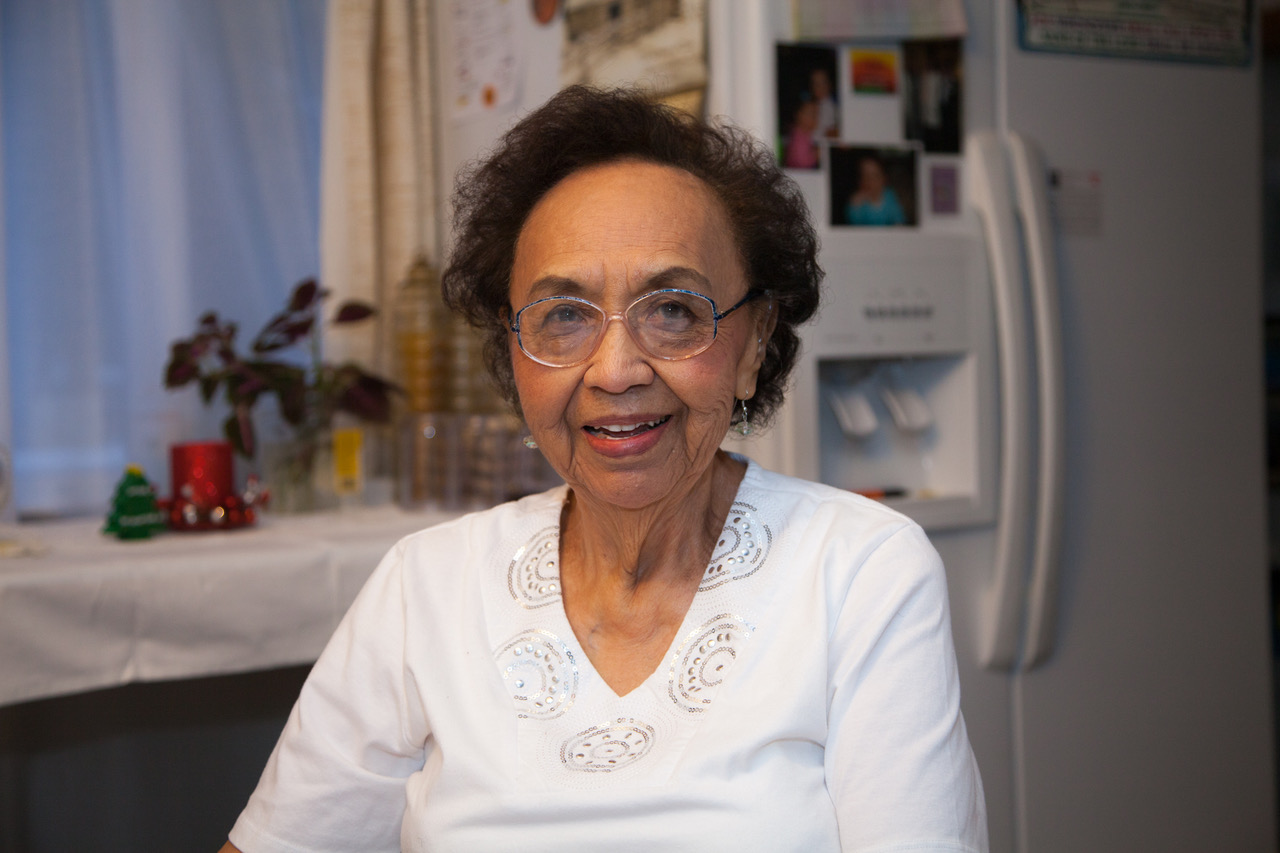UAS Receives Alaska Humanities Forum Grant to Create Tlingit Language Radio Broadcasts
Over the course of a year, this grant will release a series of video and audio clips that feature fluent elders giving sample sentences using a word of the week
Juneau, Alaska
Date of Press Release: April 10, 2019

The University of Alaska Southeast has received a grant to create a Tlingit language radio program and a multimedia Word of the Week Program in partnership with KTOO, Goldbelt Heritage Foundation, and Central Council of the Tlingit and Haida Indian Tribes of Alaska.
Over the course of a year, this grant will release a series of video and audio clips that feature fluent elders giving sample sentences using a word of the week. In addition, a weekly radio program will be developed that will be broadcast through KTOO and will feature current events, recorded Tlingit audio, interviews, and other information delivered entirely through the Tlingit language.
One of the goals of this project is to normalize the Tlingit language by making it seen and heard in our community. The presence of the Tlingit language in media and daily life will contribute to the development of new speakers and while promoting the wisdom and knowledge of those who currently speak and teach, as well as those who have been recorded in the past.
Project leader X̱ʼunei Lance Twitchell said about this project, “hearing our languages on our own land is critical to individual, group, and collective identities. Utilizing media to broadcast our language is a step that we take with honor, acknowledging others who have done similar projects in the past. Our goal with language revitalization is about two things: protect the speakers you have while making new ones, and making your language the language of power and use. As Ḵaajaaḵwtí Walter Soboleff once said: Tlél xʼwán a kát yee sawuxʼaagúḵ! Yáa yakʼéiyi át yáa Lingítʼaaní káa ḵoowdziteeyi át ḵa a káaxʼ has wooneix̱í át. "Donʼt forget our way of life!” This wonderful thing that was born on the world, and on this world this is the thing that saved them.”
Detailed Project Description
The Tlingit language is rarely heard in our Southeast Alaska communities, and one of the missions in the field of language revitalization is to normalize the language by making it more common to be heard and spoken. The Tlingit language is well documented in many ways, but access to those recordings is often limited by internet access and community knowledge of the content and potential uses for speakers and learners. This project seeks to increase the presence of the Tlingit language in our communities by completing two projects that will be broadcast over the radio and made available online. The first is a Word of the Week program, and encourages learners to pick up a new noun every week and to hear it in five different sentences that week. The second is developing a radio show that airs weekly and moves through a variety of content that uses the language in ways that is relevant to speakers and learners.
The Word of the Week project will result in short broadcasts that get a little longer each day because the sentences of the previous days will be reviewed. The Friday segment will include a review and a short discussion of the importance of the word being learned. The radio show will be broadcast and will be stored online for viewers to access for those who cannot catch the live broadcast or who may want to listen to it again.
Both of these projects will be archived online, and the Project Director will explore developing podcasts for them to increase access. The Project Director will be able to note the total number of listens for podcasts, and will request feedback from listeners to mold content to the wishes of the language community and to determine effectiveness of the broadcasts.
The equipment purchased will allow for portable recordings at a quality similar to that of live broadcasts in a professional studio. This is critical because many living speakers of Tlingit—of which there are fewer than 100—are elderly and often limited in terms of travel and working outside of their home environment. The result of this project will be increased access to the language, increased visibility and presence of the language, and a challenge to the language community to engage in content like current events, community updates, and topics that elders involved in the project feel meet the needs of our past, current, and future generations.